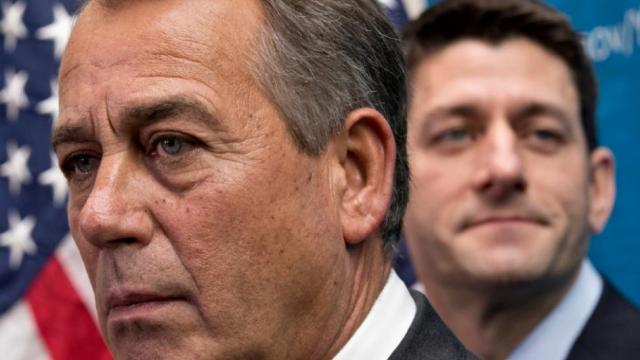Yesterday a draft letter was leaked from acting USTR Stephen Vaughn to Congress on the Trump administration’s intentions towards NAFTA. The letter describes the administration’s intention to “update” NAFTA to include provisions on topics such as copyright and e-commerce that had been contained in the TPP:
Most chapters are clearly outdated and do not reflect the most recent standards in U.S. trade agreements. For example, digital trade was in its infancy in 1994. … Rules for intellectual property rights, state-owned enterprises, rules of origin, customs procedures, and ensuring the benefits of trade benefit small and medium businesses have all been improved in newer trade agreements.
On copyright, the letter promises to “seek commitments from the NAFTA countries to strengthen their laws and procedures on enforcement of intellectual property rights, such as by ensuring that their authorities have authority to seize and destroy pirated and counterfeit goods, equipment used to make such goods, and documentary evidence.” On e-commerce, it commits to tackling “measures that impede digital trade in goods and services, restrict cross-border data flows, or require local storage or processing of data, including with respect to financial services”.
Both of these are consistent with the wholesale transfer of TPP obligations into NAFTA, although they are annoyingly vague about what specific rules the U.S. will be including, other than the examples given. However it is worth noting that in at least one respect—the extension of the data localization ban to the financial industry—the letter proposes going beyond what was contained in the TPP. Exclusion of the financial services industry from those rules was one of the main sticking points with the TPP for Republicans while Obama was promoting it.
The USTR letter also indicates that the administration intends to maintain the controversial Investor-State Dispute Settlement (ISDS) provisions of NAFTA, which allowed pharmaceutical company Eli Lilly to sue Canada for the country’s decision not to grant two drug patents. Although Canada recently won that case, the ability for foreign companies to challenge legislation and court decisions that go against their financial interests was one of the TPP’s most controversial provisions, and will remain divisive as the NAFTA renegotiation goes forward.
Concern on E-Commerce Rules in Trade
The news about Trump’s plans for NAFTA coincides with EFF’s workshop on electronic commerce rules in trade agreements at RightsCon in Brussels today. (An introductory slide presentation from that workshop is attached to this post.) One of several workshops on trade at the event, the panelists were united in their concern about the risks of new digital issues being addressed in trade agreements that are closed, opaque, and lobbyist-dominated.
Panelist Michael Geist pointed out that many e-commerce rules had formerly been dealt with in more open fora, and attempting to address then in trade agreements may result in rules that are flawed, weak, and inconsistent in their enforceability. While accepting that there are some digital rules that are relevant to global trade, panelist Meghan Sali from OpenMedia noted that “The devil is in the details, and the details are kept secret”, suggesting that a more open process would better reflect users’ priorities. Marília Maciel from DiploFoundation stressed the need to separate out the issues that are best dealt with in a trade context, from those that may be better dealt with by other, more specialist global institutions. Burcu Kilic from Public Citizen agreed, pointing out how viewing digital issues through a trade lens results in them being treated in a way that doesn’t benefit users and developing countries. The final panelist, Maryant Fernández from European Digital Rights (EDRi), gave an example of the topic of data flows and data localization. Trade negotiators tend to see data protection rules as a trade restriction, rather than as legitimate measures to preserve the human right to privacy.
This discussion has a direct bearing on the future of NAFTA, presenting the U.S. with a choice either to focus its reforms on traditional trade issues that would directly impact the manufacturing sector, or to load the deal up with a grab bag of rules on unrelated digital policy issues, which is the approach that led to the implosion of the TPP. Although the administration has since downplayed the significance of the leaked draft letter, it does give us an insight into a least some of the thinking that is going into the NAFTA renegotiation process. Since President Trump has been so scathing of the TPP and abandoned the deal with such fanfare, it would be disappointing if the new NAFTA were little more than a regurgitation of that failed agreement.
Source: NAFTA Renegotiation Will Resurrect Failed TPP Proposals | Electronic Frontier Foundation
